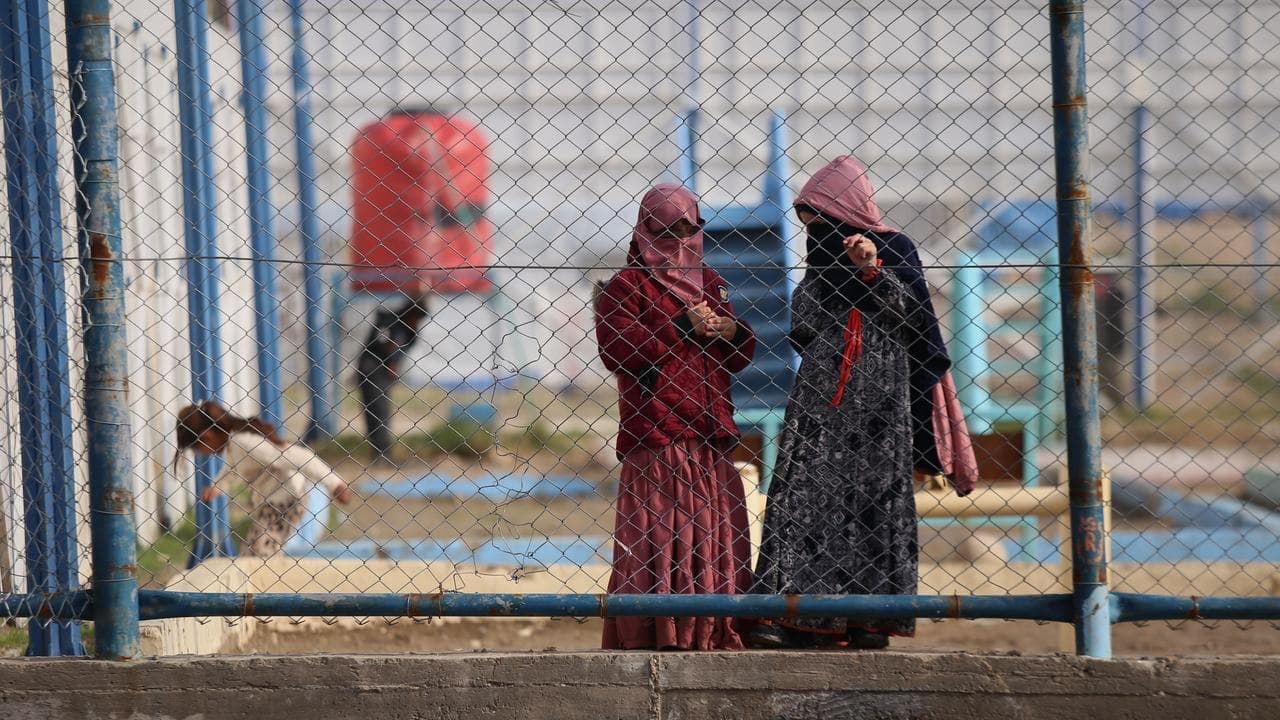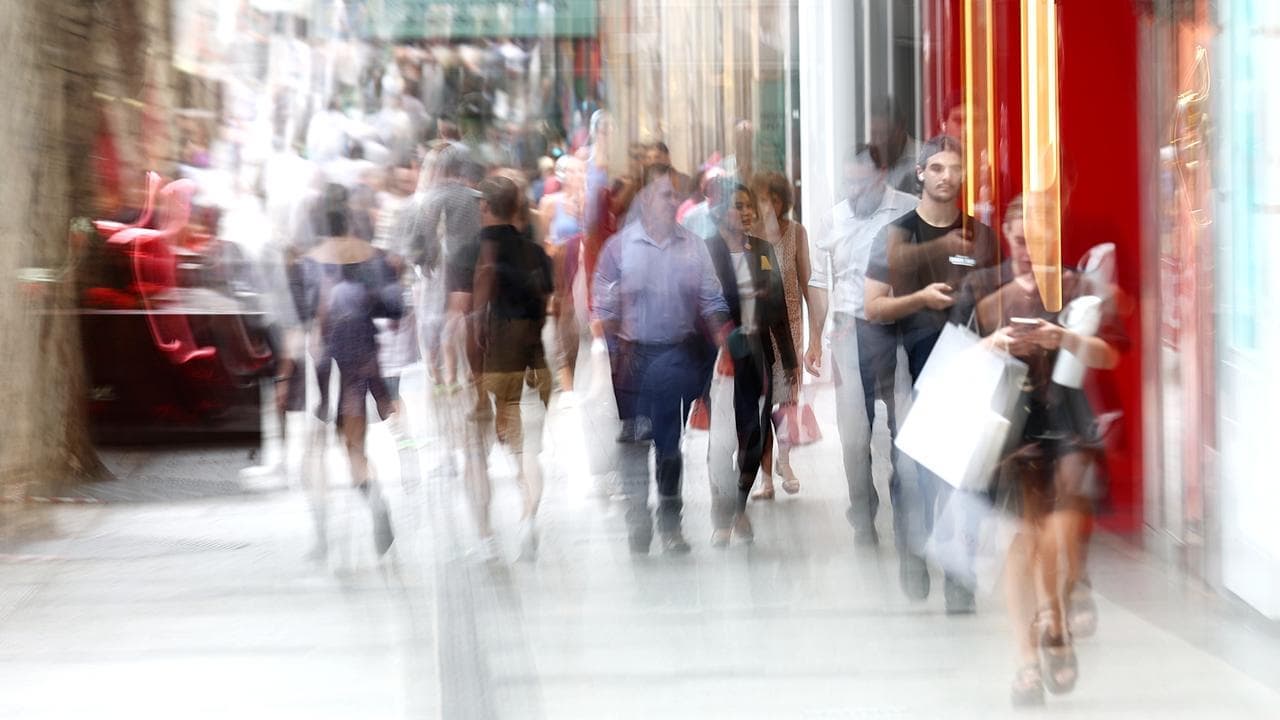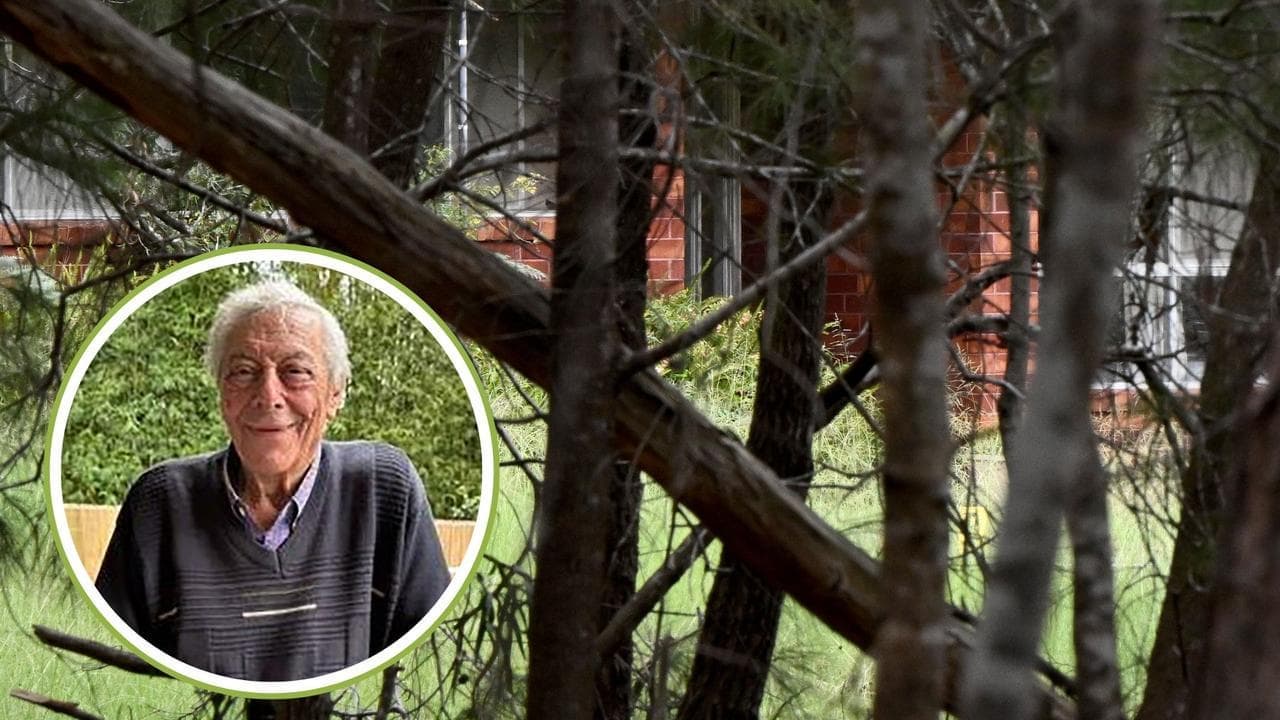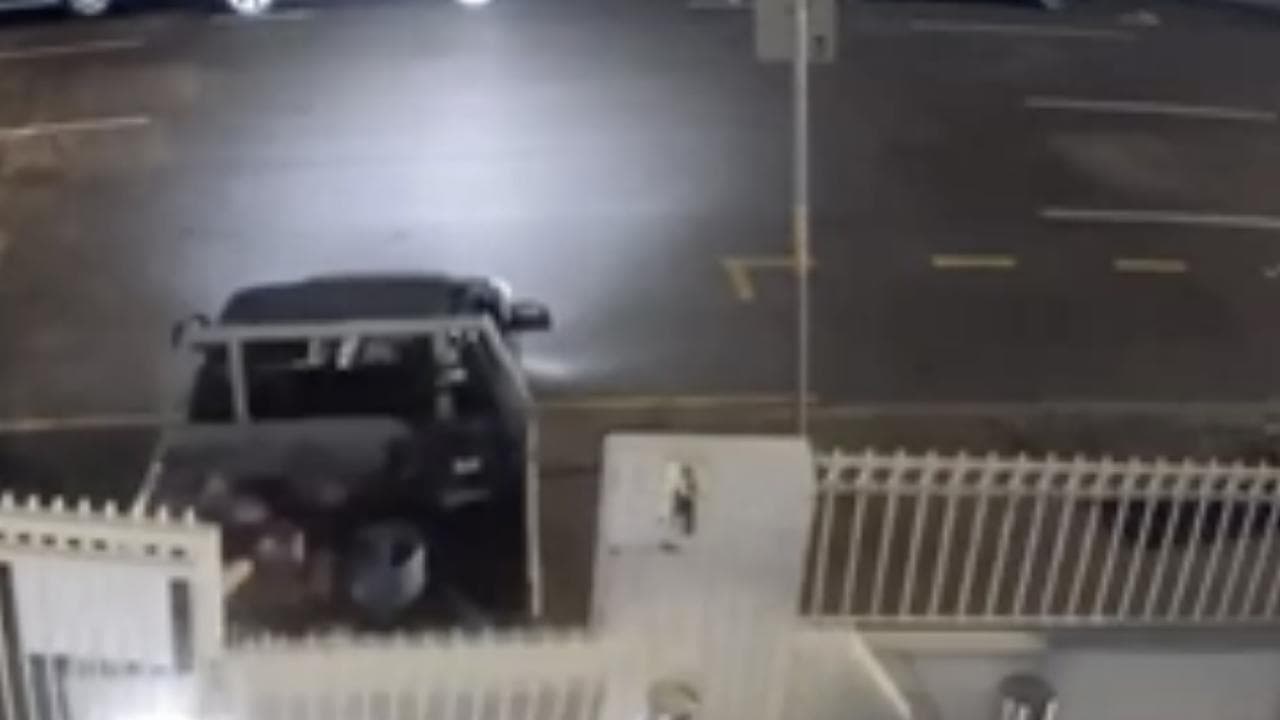The Statement
A post on Facebook claims a Nobel Prize-winning Japanese scientist has said the SARS-CoV-2 coronavirus that causes the potentially deadly COVID-19 disease was "manufactured" by China.
The April 26 Facebook post claims Japan's Nobel Prize winning Professor Dr Tasuku Honjo "created a sensation today by saying that the coronavirus is not natural".
The post goes on to claim the professor said: "If it is natural, it wouldn't have adversely affected the entire world like this. Because, as per nature, temperature is different in different countries. If it is natural, it would adversely affect only those countries having the same temperature as China."
The post then claims he said "It is manufactured and the virus is completely artificial. I have worked for 4 years in the Wuhan laboratory in China".
It then claims that Professor Honjo said he was "fully acquainted with the staff of that laboratory" and then purports he said "all their phones are dead" and "it is now understood that all these lab technicians have died".
The post finishes with: "Based on all my knowledge and research till date, I can say this with 100% confidence - That the Coronavirus is not natural. It did not come from bats. China manufactured it".
AAP FactCheck found five separate iterations of the Facebook post, here, here, here, here and here. In total the posts have been viewed over 100,000 times, shared over 1,950 times and received over 1,200 interactions.

The Analysis
As unverified claims that COVID-19 originated at the Wuhan Institute of Virology continue to circulate, a Facebook post purports to quote Japan's Professor Tasuku Honjo as saying "China manufactured" the SARS-CoV-2 coronavirus that causes COVID-19.
The April 26 Facebook post claims Prof Honjo said: "the Coronavirus is not natural. It did not come from bats. China manufactured it," and that "if (the virus) is natural , it would adversely affect only those countries having the same temperature as China".
A spokesperson from Kyoto University, where Prof Honjo, a researcher in molecular immunology, holds tenure, told AAP FactCheck in an email that the professor did not say any of the things outlined in the April 26 Facebook post. In a statement posted to the the Kyoto University website, Prof Honjo said he was saddened that his name had been used to spread false accusations and misinformation.
"At this stage, when all of our energies are needed to treat the ill, prevent the further spread of sorrow, and plan for a new beginning, the broadcasting of unsubstantiated claims regarding the origins of the disease is dangerously distracting," the statement from Prof Honjo reads.
The April 26 Facebook post claims Prof Honjo said: "I have worked for 4 years in the Wuhan laboratory in China. I am fully acquainted with all the staff of that laboratory".
Prof Honjo has not worked at any Chinese laboratories, according to his Kyoto University biography. He studied medicine at Kyoto University, graduated with a Ph.D in medical chemistry, then took various posts at higher education institutions around Japan and fellowships in America. In 2018 Prof Honjo shared a Nobel Prize with James P. Allison for developing new immunotherapies to cancer.
The April 26 post's mention of "the Wuhan laboratory" is evidently a reference to the Wuhan Institute of Virology (WIV), a research centre in Wuhan, China which opened that country's first level 4 biosafety laboratory in 2015.
Since February the WIV has become the target of conspiracy theories that claim the coronavirus escaped from a lab or was a manufactured bioweapon.
In recent weeks opinion articles have reignited the theories, with a claim that circumstantial evidence points to the WIV as the source of the outbreak of COVID-19 and a report that diplomatic cables sounded the alarm about inadequate biosafety procedures at the institute.
AAP FactCheck has checked similar claims about the WIV and to date found there is no evidence that directly links the Wuhan Institute of Virology with the outbreak of COVID-19.
A leading Australian researcher has stated there is no evidence to support claims of SARS-CoV-2 originating in a laboratory and in March researchers published in the journal Nature Medicine reported that analysis showed "that SARS-CoV-2 is not a laboratory construct or a purposefully manipulated virus".

The Verdict
Based on the evidence, AAP FactCheck found the claim in the Facebook post to be false. A spokesperson from Kyoto University told AAP FactCheck Professor Honjo did not make any of the claims attributed to him and the Nobel Laureate has never worked in any Chinese laboratory.
* AAP FactCheck is accredited by the Poynter Institute's International Fact-Checking Network, which promotes best practice through a stringent and transparent Code of Principles. https://factcheck.aap.com.au/











